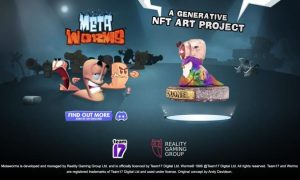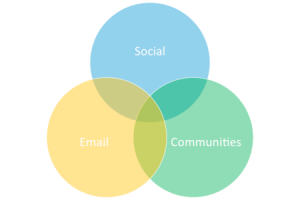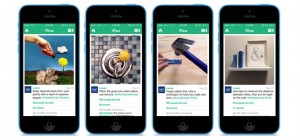
This post is the first in a two part series. Oftentimes, marketers create content that isn’t focused on closing deals. This content isn’t relevant to the customer and often fails to create better sales experiences. Yet, with all of today’s digital tools and automation software that is available to us, customers have higher expectations. They don’t respond to irrelevant messages anymore. In order to have better sales conversations, you’ll need more targeted marketing. That’s where having explicit buyer personas comes into play.
The importance of buyer personas for sales conversations
Sam Kusinitz from Hubspot defines buyer personas as “a semi-fictional representation of your ideal customer based on market research and real data about your existing customers”. The key words in this definition are market research, data and existing customers. By conducting thorough market research based on your existing customers, you’ll be able to understand the true value of your product, but also your customer’s situation. You can uncover key criteria and specific business needs that are important for your marketing.
Research by ITSMA uncovered that only 44 percent of B2B companies use buyer personas. In other words, more than half of the B2B companies out there don’t have an idea whether or not the content they create is really relevant. This ultimately results in a blame game between sales / marketing, resulting in bad sales experiences and lost revenue. Marketers don’t know if the content they create is relevant and salespeople fail to provide value.
So, how do you create a world class buyer experience? What exactly should you look to uncover in your market research? To put your mind (and budget) at rest, I can assure you that you don’t have to hire a market research agency. Most of these questions can be easily answered by asking your account managers or with a simple phone call to your customers. Things like role within the company, pain points, specific business needs, evaluation criteria are really what you’re aiming for. The folks over at Hubspot created a great post that will help get you started.
Sales driven content strategies
Content marketing can be used in two ways, like a net or like a spear. Use content like a net and you’ll target a lot of different personas. Yet, how effective is this strategy? How exactly does such a strategy deliver value to a specific persona? Consider that piece of content a jack of all trades, but a master of none. It’s not really going to guide the customer down the sales funnel, and neither will it help your sales rep having better sales conversations. In today’s age, marketers should aim towards being super relevant. I imagine this type of content as a spear. Sharp, fast, and only targeted at one thing. Delivering value to a specific buyer persona.
Remember, the research into your buyer’s needs and pain points? Now is the time to create content that is hyper relevant. Keep in mind that, as a marketer, the content you create is also important to the buying stage of your customers. Your buyer persona specific content should also address different parts of the sales funnel.
In theory, you’ve got top, middle and bottom-of-the-funnel content. Usually, top-of-the-funnel content is what you’ll create to attract people to your website and to generate leads. Middle and bottom-of-the-funnel content is what you’ll create to support your sales team. The lower in the funnel, the more your customer/prospect knows about your product. That means that the specific needs for content are different, depending on the buyer stage. As you can see, every stage in the buying process is a different conversation with different content.
Stay tuned for the next post where I’ll explain how to do an audit of your existing content and how to structure your sales conversations. If you’d like to learn how to create sales driven marketing for the later stages in your sales funnel, download this free ebook.
This blog post originally appeared on the Showpad blog.
(279)







